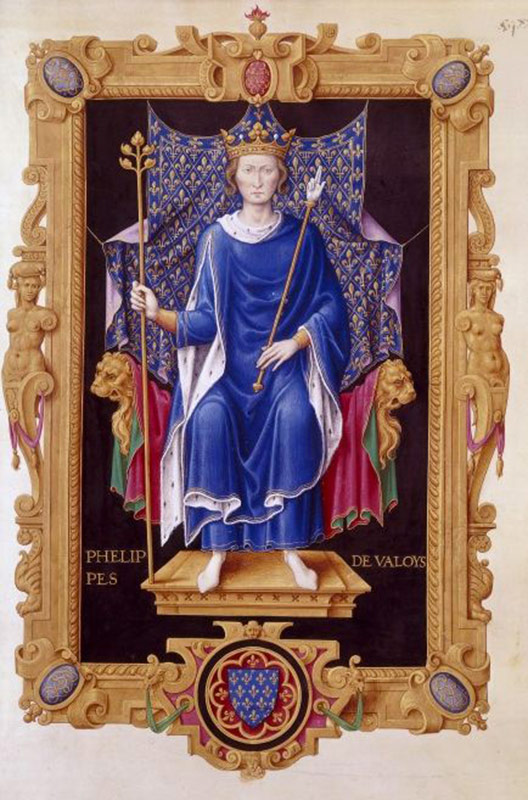
He developed sophisticated tastes in the arts and earnestly applied himself to his religious devotions.Ĭreated Prince of Wales in 1616, Charles was instructed by King James in every aspect of ruling a kingdom. Charles became a good horseman, excelling at tournament sports and hunting. He followed a self-imposed regimen of hard physical exercises that led to rapid improvements in his health and physique. However, by strength of will, Charles worked to overcome his physical weaknesses.

A proposal was made that in the event of Charles' death, the succession would pass to James' daughter Princess Elizabeth and her husband the Elector Palatine Frederick V, which would mean the Wittelsbach dynasty acceding to the throne of the Three Kingdoms. King James and Queen Anne were too old to have more children and the sickly Charles was not expected to survive to adulthood. The death of Prince Henry prompted a succession crisis. With Henry's death, Charles became heir to the throne of the Three Kingdoms: England, Scotland and Ireland. Despite his physical disabilities, Charles was a serious-minded student who excelled at languages, rhetoric and theology.Ĭharles was overshadowed by his brilliant elder brother Prince Henry, to whom he was devoted, but Henry died of typhoid when Charles was eleven years old. His education was overseen by Thomas Murray, a Scottish Presbyterian who later became Provost of Eton. Charles was also slow in learning to speak and never completely overcame a slight stammer. Attempts were made to strengthen his physique by making him wear heavy boots reinforced with iron. He was placed in the care of Lord and Lady Fyvie until the age of four, then moved to England where he was brought up in the household of Sir Robert and Lady Carey.Īs a child, Charles suffered from weak ankle joints that slowed his physical development. His father succeeded Queen Elizabeth I and came to the throne of England as King James I in 1603.Ĭharles was created Duke of Albany at his baptism (December 1600) and Duke of York in 1605. The second son of James VI of Scotland and Anne of Denmark, Charles Stuart was born at Fife in Scotland on 19 November 1600.

King of England, Scotland and Ireland whose refusal to compromise over complex religious and political situations led to civil war, his own execution and the abolition of the Monarchy.


 0 kommentar(er)
0 kommentar(er)
